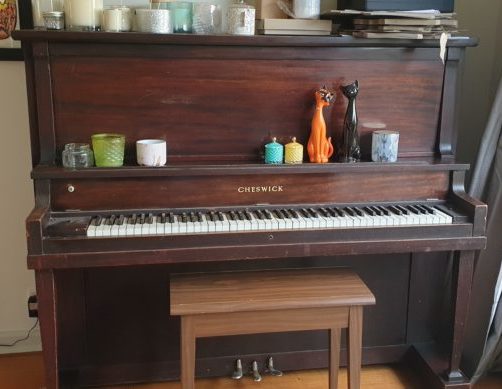I spoke to Alain de Botton about writing.
Alain deBotton is a London-based author whose books have been described as a ‘philosophy of everyday life.’ He makes accessible the seemingly difficult area of philosophy. He’s written on love, travel, architecture and literature. Alain also started and helps to run The School of Life in London, whichis dedicated to a new vision of education. Alain published his first book, Essays in Love [titled On Love in the US], when he was twenty-three. The book that turned me on to this great teacher/writer/philosopher and rekindled my love of philosophy (which might have died a long Machiavellian death) was Status Anxiety. His latest book, A Week at the Airport sees him spending a week at Heathrowin London to give a behind the scenes look at modern life.
1. If you were writing the book about your life, what would an editor write on the back cover blurb?
A tale of unremitting failure mixed with occasional intense joy and success. Above all, a tale of anxiety and longing.
A tale of unremitting failure mixed with occasional intense joy and success. Above all, a tale of anxiety and longing.
2. Who is your favourite writer (lyricist, novelist, scriptwriter etc)?
My favourite writer is Stendhal. I like his mixture of emotional vulnerability and intelligence.
My favourite writer is Stendhal. I like his mixture of emotional vulnerability and intelligence.
4. What text (book, play, movie, TV show, song) do you covet and wish you’d written?
I wish I’d written Milan Kundera‘s The Unbearable Lightness of Being. And been and sung Natalie Merchant’s Ophelia. Both are exceptionally wise and good.
I wish I’d written Milan Kundera‘s The Unbearable Lightness of Being. And been and sung Natalie Merchant’s Ophelia. Both are exceptionally wise and good.
5. What was the first piece you ever wrote (published or not)?
I was 10, it was in the school magazine, a surprisingly poignant description of one of my parents many arguments. I still have it somewhere.
I was 10, it was in the school magazine, a surprisingly poignant description of one of my parents many arguments. I still have it somewhere.
6. What is, in your opinion, your best piece of writing?
My book A Week at the Airport– because it’s spontaneous, personal and intimate. It’s also married to some great photos.
My book A Week at the Airport– because it’s spontaneous, personal and intimate. It’s also married to some great photos.
7. What do you find particularly challenging about writing?
Putting thoughts in the right place.
Putting thoughts in the right place.
8. When did you “quit your day job” for writing? How did you know it was the right thing to do?
When I got my first publishing deal – I thought ‘life is short’, I should take the risk.
When I got my first publishing deal – I thought ‘life is short’, I should take the risk.
9. How do you get started writing a new book?
I have a period of utter confusion, I flail around and hope that eventually, something sticks and gets in order.
I have a period of utter confusion, I flail around and hope that eventually, something sticks and gets in order.
10. What’s a typical writing session like for you? When and where do you write? Do you set a daily writing goal?
I’ll tend to write between 10- and midday and again from 5pm to 7pm. There’s a lot of rewriting and a daily goal is 1000 words.
11. What’s your process? Do you edit as you write? Or do you write and come back to it later?
I edit later.
I edit later.
12. What are you currently working on? What would you like us to know about it?
I’ve just finished a book about religion, from an atheist’s point of view – an appreciative look at religion by someone who couldn’t possibly believe.
I’ve just finished a book about religion, from an atheist’s point of view – an appreciative look at religion by someone who couldn’t possibly believe.
13. What is the most important thing you would tell a new writer if they came to you for advice?Please don’t become a writer. There are too many and the life is too tough. Go and do a degree in business or engineering and lead a sensible, upstanding, bourgeois existence.


Comments are closed.